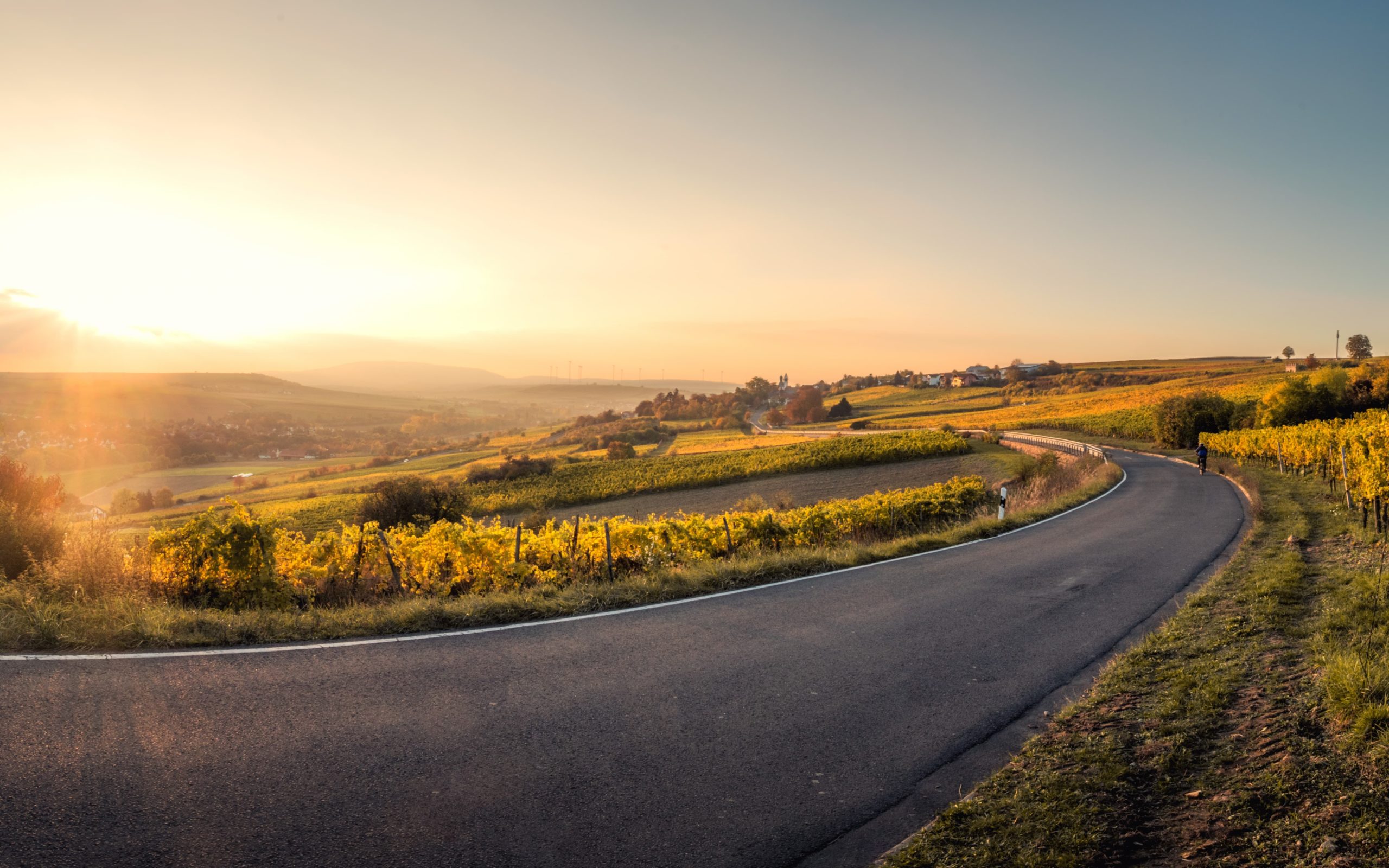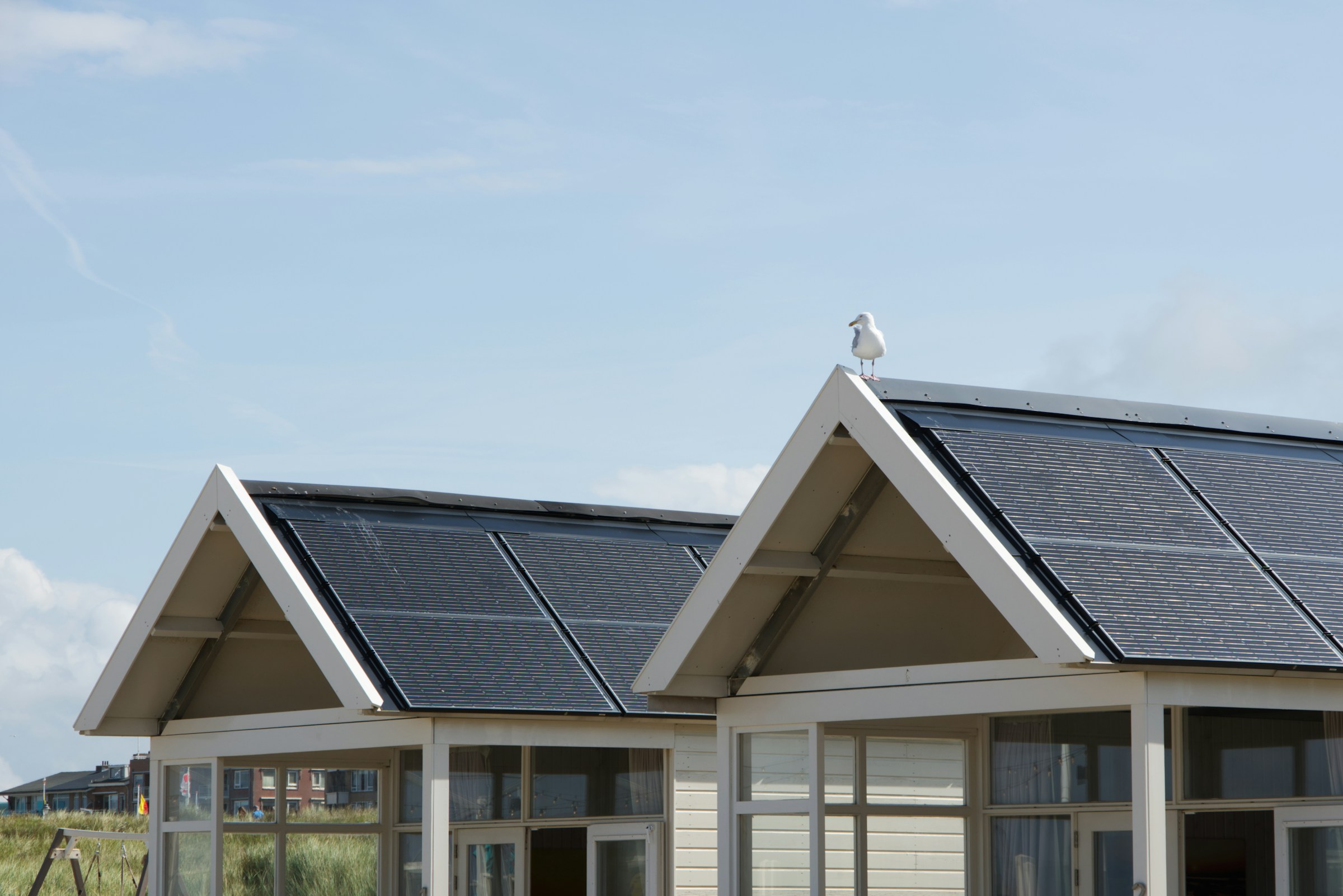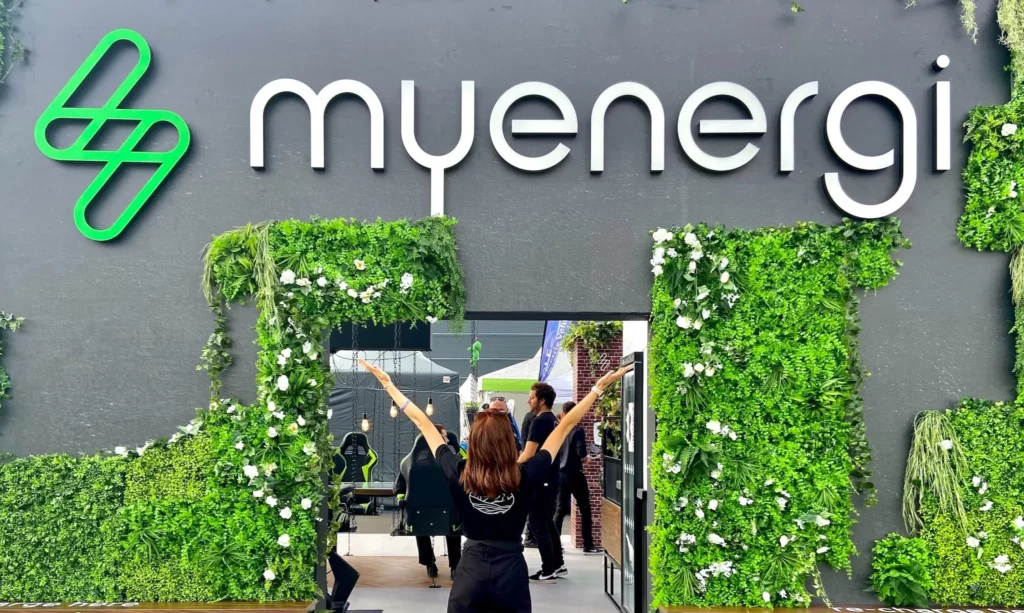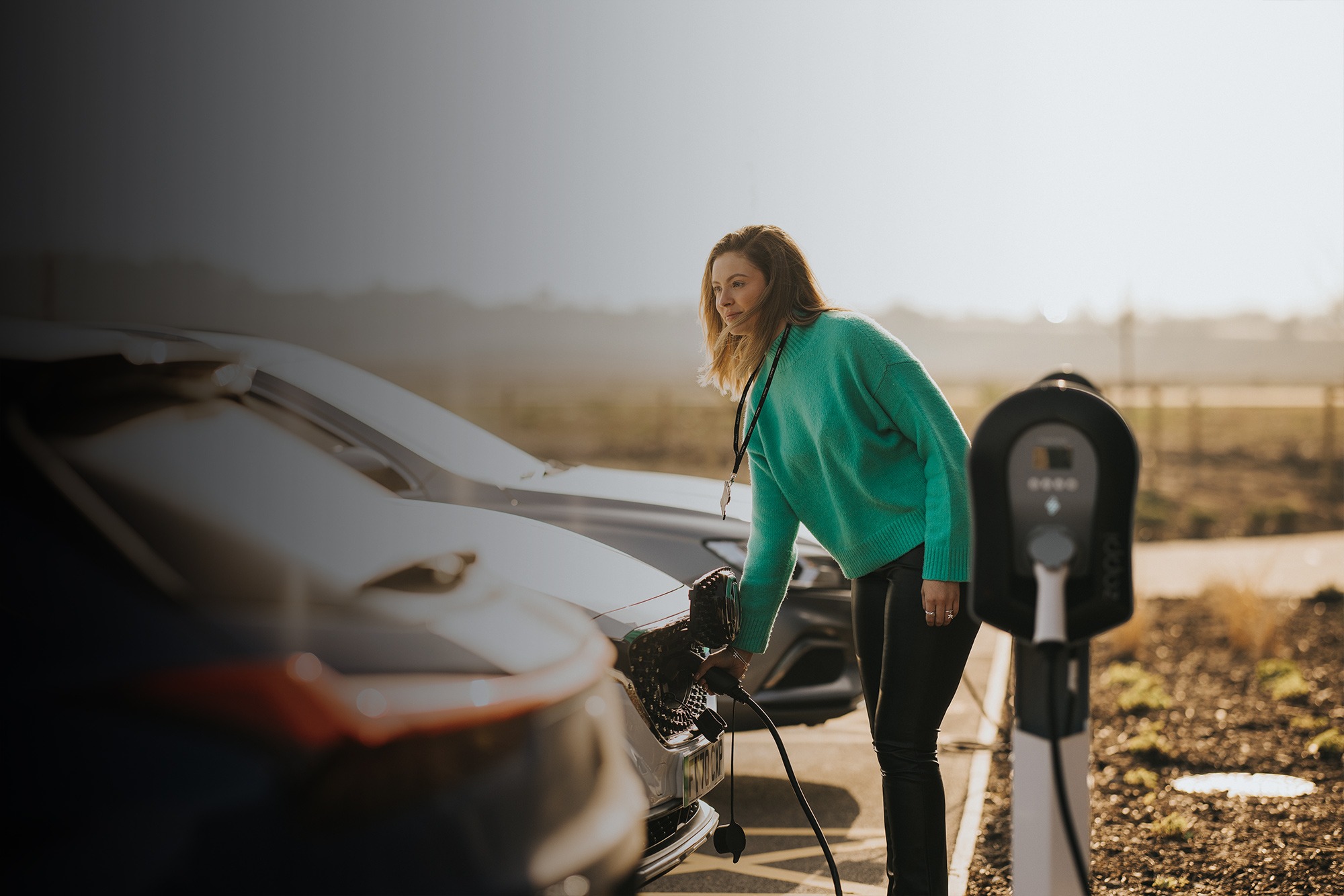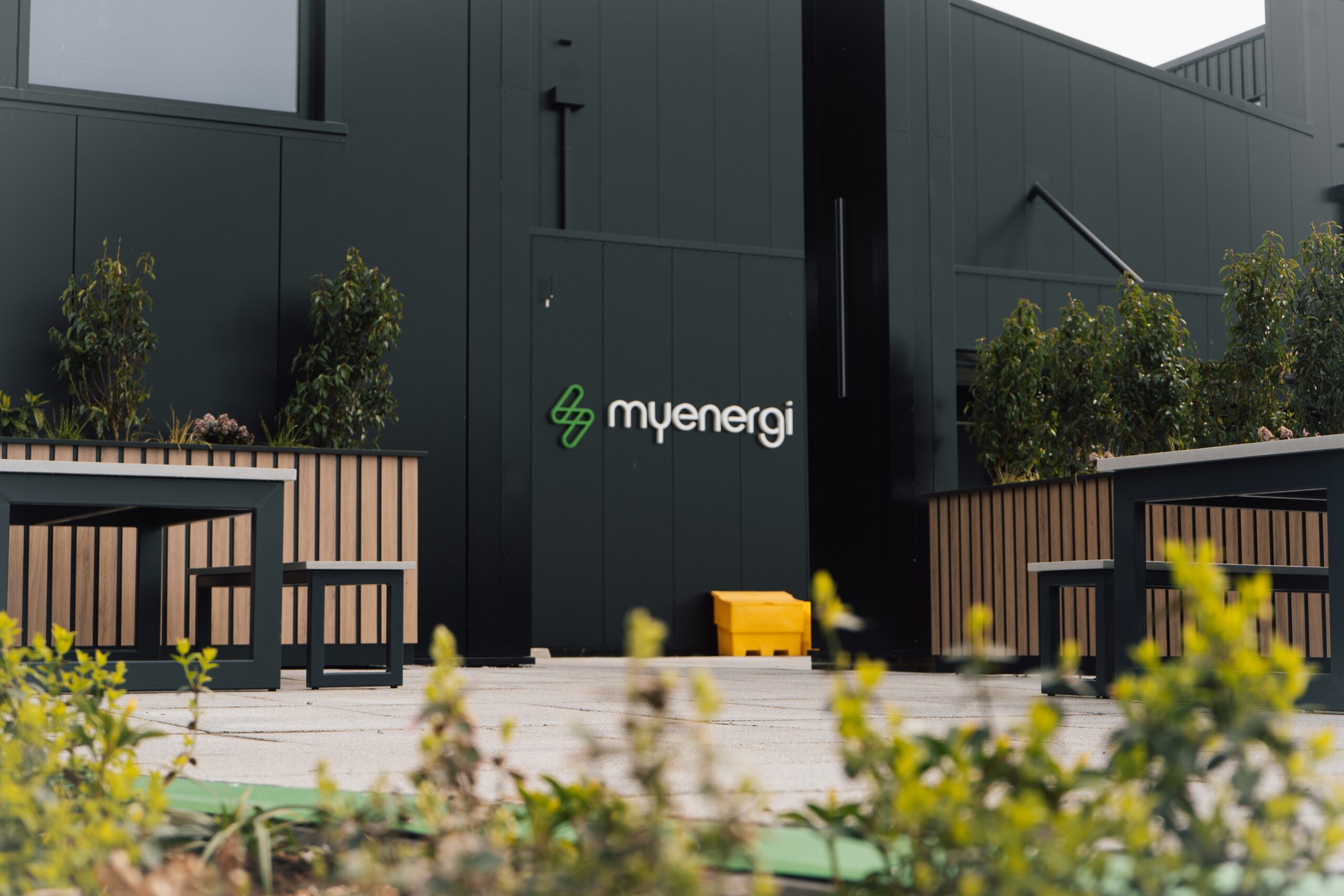The harmful environmental impact of plastic waste has been a massive issue for years. However, MacRebur has a solution: plastic roads. Their mission? Helping to solve two world problems with one solution – reducing plastic waste and improving poor road quality. Here’s everything you need to know about plastic roads!
What are plastic roads?
Currently, our roads are made of a product called bitumen, which uses crude oil, rocks, limestone and sand to create the surface. MacRebur, however, will use their own innovative methods to replace the crude oil element with plastic waste.
Instead of dumping our plastic in a landfill – and causing even more horrendous pollution – it will be put to better use creating smooth roads throughout the country, and potentially the rest of the world.
Why are plastic roads needed?
Plastic pollution has been at the forefront of our minds for years, but its severity was brought into the limelight in 2018 with a series of shocking images. For example, there was video footage showing waves of plastic waste washing up on the shore of the Dominican Republic and the popular Attenborough documentary, Blue Planet, showed albatrosses feeding plastic to their young.
How much plastic is used in the road?
One kilometre of road made with MacRebur’s plastic solution is said to use around 684,000 plastic bottles or 1.8 million plastic bags. Although it is thought that 22 billion plastic bottles and 500 billion plastic bags end up in landfill every year, plastic roads are a great start towards reducing plastic waste.
Considering the estimated total road length in the UK in 2017 was estimated to be 397,025km, you can imagine just how much plastic would be put to good use with MacRebur’s new innovation!
If you want to know what you can do to help reduce your carbon footprint, check out our blogs linked below:
- How to reduce plastic consumption.
- Self-consumption of green energy guide.
- How to reduce your carbon footprint.
How environmentally friendly are plastic roads?
While it is fantastic we are taking plastic away from being dumped in landfills and oceans, there are some issues associated with the creation of plastic roads. In order to use plastic in the production of bitumen, the material has to be burned and broken down. This releases harmful molecules into the atmosphere which can linger in our oceans and ice caps.
On the other hand, it is important to remember that this is a recent innovation and, like all new things, it takes time for issues to be ironed out and resolved. We’re excited for future developments in this area!
When will we start using plastic roads?
Roads and car parks made of plastic have already been used across the country. Cumbria County Council were the first Highways Authority to trial the roads, and they are now using it in larger projects worth £200,000. The UK Department for Transport has set aside £1.6 million for it, too.
What next?
Not only will this help solve the plastic problem, but it also means communities can use local plastic to create and fix local roads. MacRebur also claims they can even recycle the roads at the end of their lifespan, creating a circular economy and improving sustainability.
If you would like to learn more about our clean energy mission and innovative products, get in touch with a member of our friendly team.

